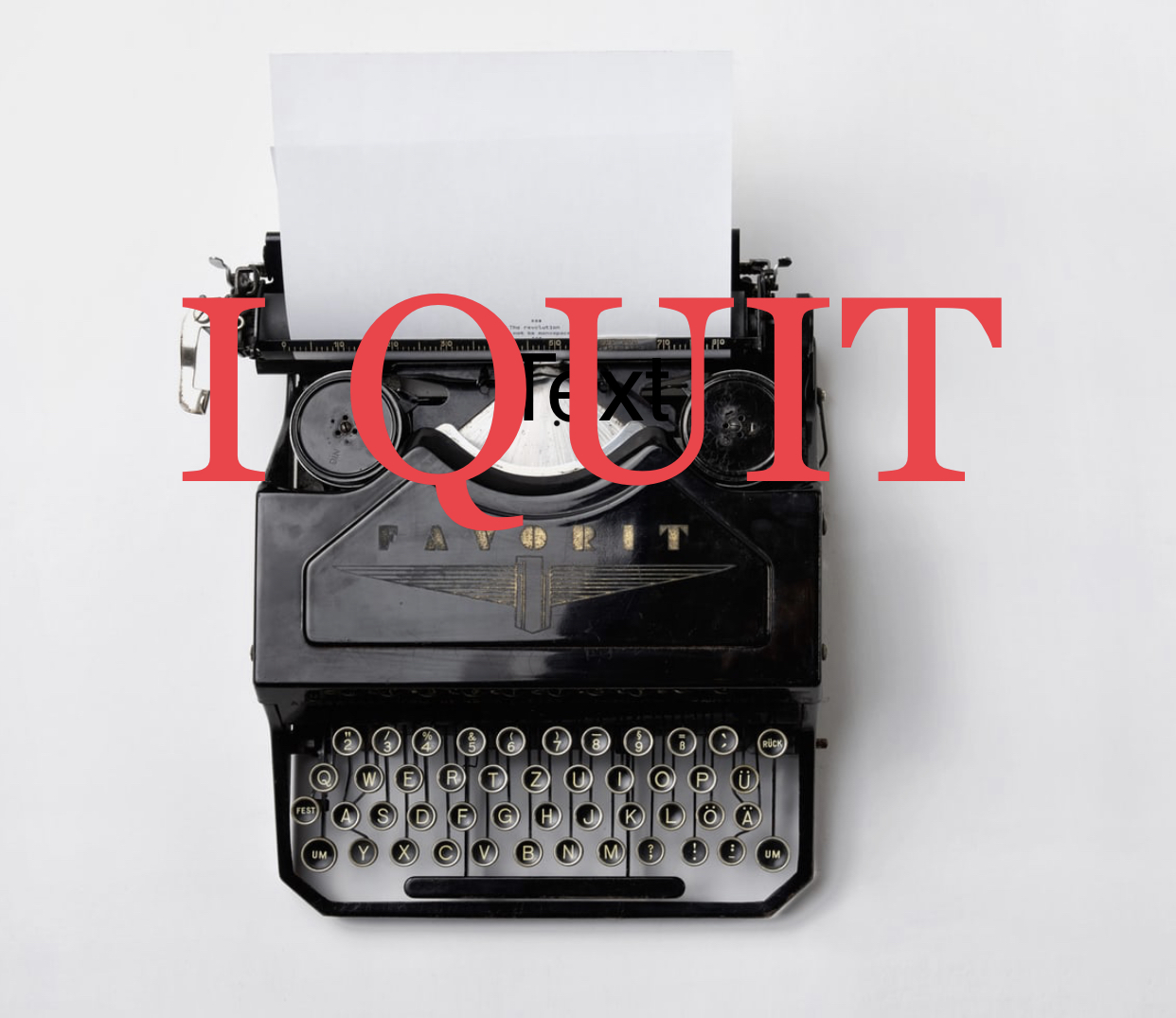
How to deal with resignations
What should you do when someone resigns??, a quandary that perhaps you have faced, are facing, or will do in
The chances of you finding yourself with an Employee who tests positive for Covid-19 have now dramatically increased. The purpose of this update is to help you be prepared if you face this situation.
As with all of the guidance with coronavirus, we need to remind you that these are unprecedented times, and it is unclear as to how employment law will be applied in these exceptional circumstances.
The information that follows has been compiled with input from government websites, ACAS and HMRC (the only official resources that we follow, these are the institutions who will be relied upon in any litigation.
Your Employee should not come into your workplace if they:
If someone cannot work because they have to self-isolate, they must tell you as soon as possible, or face a fine of £50. They can also be fined from £1,000 up to a maximum of £10,000 for not self-isolating.
If someone is told to self-isolate, they should work from home if that is possible.
If they are already at work, they should:
As an Employer you can be fined up to £10,000 if you knowingly ask or encourage a worker or Employee who needs to self-isolate to come to the workplace.
If someone with coronavirus comes to work, the workplace does not necessarily have to close, but you should follow cleaning advice. See advice for cleaning workplaces on GOV.UK.
If an Employee or worker has had contact at work with someone who has symptoms or has tested positive for coronavirus, they will not usually need to self-isolate.
If someone cannot work because they have to self-isolate, they must tell you as soon as possible, or face a fine of £50. They can also be fined from £1,000 up to a maximum of £10,000 for not self-isolating.
If someone is told to self-isolate, they should work from home if that is possible.
If they followed social distancing rules, they should only need to self-isolate if they:
They should speak to you if they are unsure or have any concerns about whether they need to self-isolate.
If someone does need to self-isolate, it is good practice to:
To find out how long someone must self-isolate for, see:
For workplace advice about the government test and trace services, for UK, Scotland and Wales see:
If you need any assistance or having any queries regarding COVID-19 or your Employees, you can visit our COVID-19 Toolkit on our website here: https://www.hrandyou.co.uk/covid-19-toolkit/
We are here to help you to provide you up to date advice and guidance, you can call us on 01254 467156 or email us @ [email protected].

What should you do when someone resigns??, a quandary that perhaps you have faced, are facing, or will do in

With the Football EURO2024 EURO2024 taking place from 14 June 2204 through to the final taking place on 14 July

In your company it will be highly likely that your Employees have varying rates of pay. The discussion of pay

Company No 11992982
You get no hidden fees, just one low monthly fee based on how many Employees you have. You have no long Contract terms, guaranteed.
Made by Pixelmate
